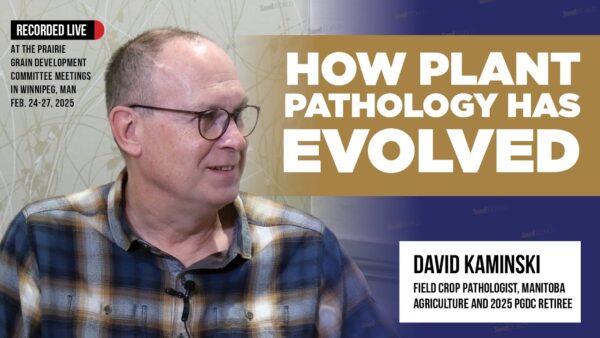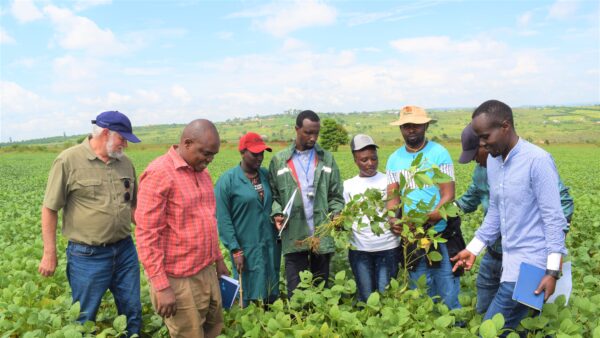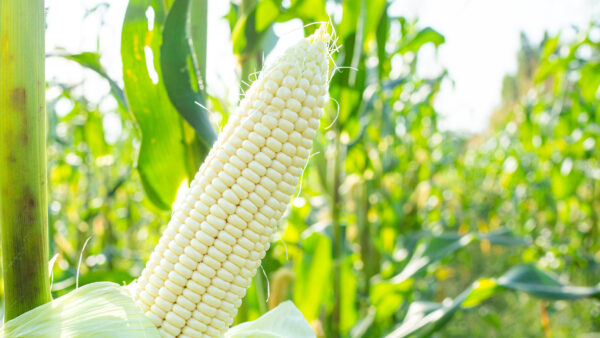Agriculture and plant breeding has had a hard time in Germany since decades. After years of protests and sabotage against farmers and research institutions breeding GMO varieties, the country opted out of planting such crops in 2015.
With the EU’s farm-to-fork strategy and the upcoming decision about how to regulate modern breeding technologies such as genome editing, the new German government will have to take a clear stance vis-à-vis the EU Commission. This will be very difficult, and the outcome is hard to predict.
NEW COALITION
The new coalition now in power was forged from three parties that have very different positions on agriculture. The liberal democrats (FDP) support plant protection and breeding with up-to-date technologies and substances, while the social democrats (SPD) in the past were strictly opposed to genetic engineering in agriculture. The party however is pragmatic, and its base is not particularly interested in the topic. In a remarkable precedent, the new red-red coalition (SPD and Die Linke) in the state of Mecklenburg-Vorpommern declared last year: “The knowledge-based use of new breeding methods is necessary in times of climate change. (…) We demand the approval of new breeding techniques from the federal government and the EU.”
GOING GREEN

In contrast, “No to GMO” is at the heart of the Green’s party base and support of organic agriculture is part of the party’s history from the very beginning. Originally, the Greens even opposed genetic engineering in drug development and medicine; hardliners even wanted to ban the splicing of genes in basic research.
While the party base meanwhile recognizes the value of the technology in modern medicine, a scepticism towards “tinkering with genes” prevails. Every party congress in past decades voted with overwhelming majority in favour of a ban on all modern breeding technologies, demanded strict labelling and called for phasing out application and export of pesticides. Instead, the party endorses organic agriculture. Many influential members of the Green party even are followers of the magic practices of biodynamic agriculture devised by esotericist Rudolf Steiner.
THANKS, BUT NO THANKS!
To be fair, the party also has a few vocal supporters of science opposing these views. Rumour has it that three of the new ministers, including the new minister for food and agriculture, Cem Özdemir, recognize the potential and value of modern breeding technologies, given the threats to agriculture from climate change.
However, thanks to the party’s grassroot organization, they don’t have much of a say. Moreover, tasks and functions within the party and government are distributed according to a complicated key that accounts for the different wings of the party so that they can keep each other in check. As a result, the party sent hardliners from the pro-organic faction to the coalition negotiations and made sure that key positions in the new ministries were filled with anti-GMO hardliners as well.
One of them, Martin Häusling, a member of the European Parliament, parallel to the negotiations, was the mastermind behind a concerted effort of the Green Group and various NGOs to flood the Commission’s public consultation process on genome editing with prefabricated negative comments from non-verified mail accounts. And the new environmental minister also is an outspoken opponent of modern breeding.
BREATHING GREEN
Mainly thanks to the FDP, the coalition agreement does not specifically mention hot topics like genome editing regulation, patents on seeds, pesticide taxes, export bans for pesticides or import ban for genome-edited crops. But indirectly it features these topics and acknowledges many Green positions on plant breeding and agriculture. As an example, the parties agreed on the goal of 30 per cent organic agriculture by 2030. Meanwhile, this has been detailed by Özdemir as meaning not only production but also supermarket product share. The agreement also stresses the importance of pushing alternatives to “chemical-synthetic plant protection products” and modern plant breeding technologies, mentioning “plant fortifiers” (mostly homeopathic remedies) and “low risks” as well as “population breeding” and “crowd breeding” as alternatives.
In parts, the document is contradictory, e.g., when it states, “authorization of plant protection products must be transparent and legally secure, based on scientific criteria”, adding only a few lines later “we are taking glyphosate off the market by the end of 2023”. This is clearly moving away from science.
The agreement bears Green signature also in declarations such as “(we) create transparency about breeding methods and strengthen risk and detection research”. The Greens demand detection methods for genome edited crops and labelling as they regard all modern breeding technologies developed in the last 50 years as dangerous tinkering with genomes.
POSTPONING THE INEVITABLE
It looks as if the debate has been postponed to not stand in the way of forming the coalition. However, should the EU Commission come up with a position in favour of less regulation of modern breeding technologies the conflict will immediately make waves. At present there are no signs that the Green party will give an inch as it would have too much to lose: members as well as supporters from the many NGOs and lobby organizations of the organic industry. The only way out is to try to negotiate a German Sonderweg, allowing for a national ban or to postpone a decision by demanding more research and studies and a detection technology that will never come.
Editor’s Note: Dr. Ludger Weß is science journalist and author, writing for the past decades mostly on science, gene- and biotechnology. He studied Molecular Biology at the Bremen University in Germany.
Unfortunately, at the moment, the voting results of the most recent GM vote (20 January 2022) of the EU Commission were not yet known. These results will provide a good indication on the direction the new German government will be taking with regards to biotechnology. Informal consultations indicate that the new German coalition has not yet taken a formal position on this topic, and as such the country is voting to abstain for the moment.
Related Content:
https://european-seed.com/2022/03/quo-vadis-german…-and-seed-sector/
https://european-seed.com/2022/03/snapshot-germans-political-future/












